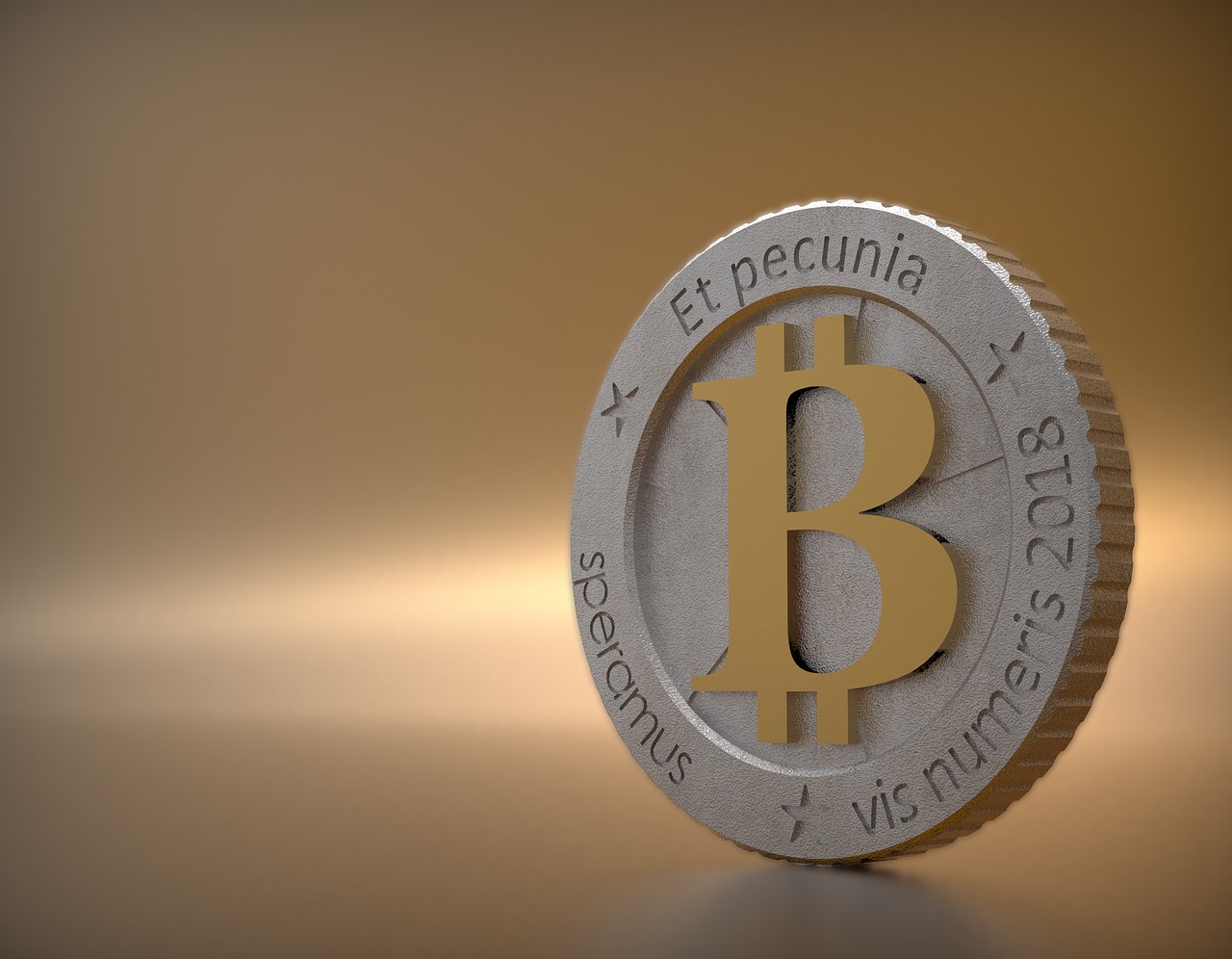
Staking Horizons: Unlocking Institutional Yield In Web3
Staking has emerged as a popular mechanism within the cryptocurrency world, offering a way for users to earn rewards for participating in the security and operation of a blockchain network. It's a powerful alternative to traditional Proof-of-Work (PoW) mining and offers a more energy-efficient way to validate transactions and secure the network. Whether you're a seasoned crypto investor or just starting to explore the world of digital assets, understanding staking can open up new avenues for earning passive income and actively contributing to the decentralized future.
What is Crypto Staking?
The Basics of Staking
Staking is the process of locking up a certain amount of your cryptocurrency holdings to participate in the operation of a blockchain network. Think of it like depositing money i...








